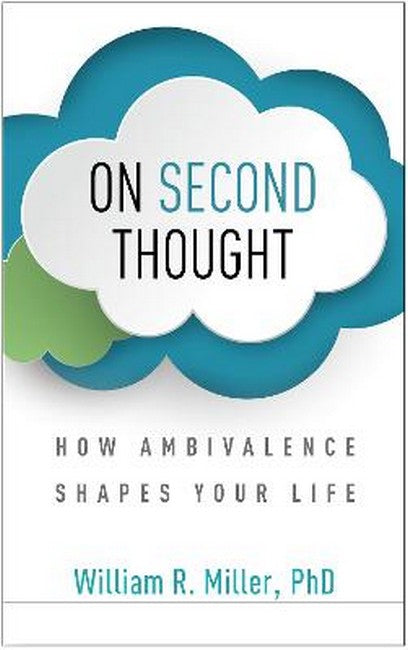William R. Miller, PhD, is Emeritus Distinguished Professor of Psychology and Psychiatry at the University of New Mexico. Fundamentally interested in the psychology of change, he is a cofounder of motivational interviewing and has focused particularly on developing and testing more effective treatments for people with alcohol and drug problems. Dr. Miller has published over 400 scientific articles and chapters and 50 books, including the groundbreaking work for professionals Motivational Interviewing, Third Edition. He is a recipient of the international Jellinek Memorial Award, two career achievement awards from the American Psychological Association, and an Innovators in Combating Substance Abuse Award from the Robert Wood Johnson Foundation, among many other honors. The Institute for Scientific Information has listed him as one of the world's most highly cited researchers.
Request Academic Copy
Please copy the ISBN for submitting review copy form
Description
I. The Nature of Ambivalence 1. I Want It and I Don't 2. Four Flavors of Ambivalence 3. The Language of Ambivalence II. How It Works 4. Sources of Ambivalence 5. Social Influences 6. Out of the Depths 7. Consequences of Ambivalence 8. Individual Differences 9. Responding to Ambivalence III. Working through Ambivalence 10. Getting Clear on Your Values 11. Getting the Big Picture 12. Getting Out of the Woods 13. Embracing Ambivalence Notes Index
"This is the definitive read on mixed feelings: why we have them, how to change them, and when to accept them. Dr. Miller is a trailblazer in psychology--he combines a scientist's expertise with a therapist's empathy, and I have no ambivalence about recommending his book. His wisdom will stay with you long after you've finished the last page."--Adam Grant, PhD, author of Think Again "Reflecting Dr. Miller's expertise and his passion for understanding the human condition, this book takes a deep dive into human decision making. When our choices are loaded with implications, ambivalence can be stressful or even paralyzing. But we can also learn from it. Miller explains that ambivalence is a virtue, and invites us to think about it in productive new ways."--Molly Magill, LICSW, PhD, Brown University School of Public Health-

